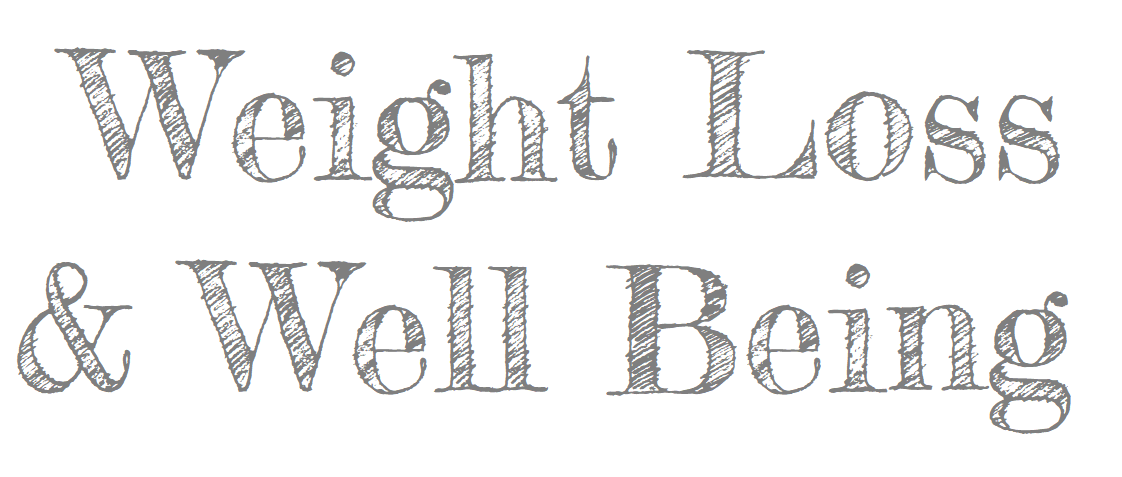Imposter syndrome is responsible for a large portion of our self doubt. It can hold us back in every aspect of our life and yet, we can never explain exactly why we hold ourselves back and get in our own way. Learn how to set yourself free from imposter syndrome and banish self doubt.

Do you doubt yourself and your achievements? Have you blamed your success on good timing or just good luck?
Do you hold yourself back from trying new things or embracing new challenges? Have you feared being exposed as a fraud or liar?
If so, you are not alone. So many people suffer from Imposter Syndrome. It is a slow creeping type of self doubt that can take over your image and your ability to believe in yourself. And for some it can be absolutely crippling, holding them back from so many amazing opportunities and chances.
What is Imposter Syndrome?
Imposter Syndrome is a term to describe chronic self-doubt and a fear of failure that many people endure. Even people you look up to as successful and powerful, doubt their skills and abilities.
This syndrome is a self-limiting belief that you are not skilled enough or worthy enough for the successes or achievements you have had. It is a consistent feeling of inadequacy and dishonesty, like you are trying to be someone you are not.
Instead of embracing the idea of, “Fake it till you make it,” your ego (or subconscious) talks you out of challenges or attempts. And even worse, convinces you that you are unworthy of what you have and the things you have done.
Some that experience Imposter Syndrome feel as though they are committing intellectual fraud and are portraying themselves as something they are not. They even tend to write off all of their talents, abilities, and successes, as unworthy or invalid.

They fear that there are incompetent. And prevent themselves for going after opportunities or new prospects because they are convinced they will be exposed as a liar. Not only can this cycle of self-doubt create a self-fulfilling prophecy of failure, but it can prevent you from honoring and enjoying previous successes or unique talents.
Different Manifestations
Imposter Syndrome can manifest in a few different forms. You may experience certain forms in different aspects or your life, or you may tend to be one type versus another.
Some people worry that they can’t prove their competence. Our society puts a lot of value on credentials, degrees, and institutional qualifications when it comes to authority. If you do not have one of these “papers” then your authority is invalid. But that is absolutely not true for most situations.

Your unique blend of skills, talents, experience, opinions, and expertise validates your abilities and competence. You do not have to fear being “exposed as a fraud” if you are open and honest about your current credentials, knowledge, and methods of seeking new information.
A common from of Imposter Syndrome is perfectionism. So many people suffer from perfectionism, myself included. It is the tendency to set exceptionally high standards that are nearly impossible to reach.
Therefore, perfectionists are always coming up short in their mind, and are chronically unworthy of achievement or success. They also tend to be control freaks and take responsibility for every piece of the performance, especially the criticism.
They are generally never satisfied or feel “ready.” Many times they hold themselves back from ever starting anything because they are not perfectly prepared or qualified. And they tend to hold onto this “failure” which breeds a lack of self-confidence.
Ultimately, all of the forms of Imposter Syndrome result in the feeling that you don’t deserve the success you have or want. And you have an unshakable feeling that you don’t belong or don’t deserve. But it doesn’t stop there, this chronic self-doubt becomes a painful self-fulfilling prophecy.
Symptoms & Effects
Imposter Syndrome can wreak havoc on your entire life. Or it can be isolated to specific aspects. Maybe you’re super confident in when you’re at work, but lack confidence in your personal relationships or hobbies.
Or you’re a rockstar mom but doubt your abilities when it comes to your profession. Whether it affects your entire life, or just one part really doesn’t make a difference as the results are the same. Ultimately, you are holding yourself back, getting in your own way, and selling yourself short.
Imposter Syndrome can cause your overall self worth to deteriorate. You may stop sharing your opinions, wants, or needs out of fear or doubt. You may allow people to disrespect you and your boundaries because you don’t have the confidence in your worth.
Instead of embracing your successes and accomplishments, you cast them aside, giving all the credit to your good luck or good timing.

Absolutely everyone can suffer from Imposter Syndrome, even the most successful people that you look up to. It can affect you at any age, any experience level, any time, or any situation. And this shows you that these feelings of doubt are completely unfounded because they can occur even at your most successful moments.

The worst result of all is that you hold yourself back from opportunities, and sabotage the ones you do go after. You consistently undermine your own abilities. And this fear of failure can lead to stress, anxiety, shame, embarrassment, and depression.
Instead of honoring your own knowledge and skill, you feel the need to be an expert, and to know “everything.” A lot of times this causes you to stay in a job you are way too qualified for and never move up for fear of not knowing enough.
Many times people avoid new challenges that would cause growth and give them the very confidence that they are lacking.
Do you Have Imposter Syndrome
Most people suffer from Imposter Syndrome at some point in their life. Do you work super hard because you feel you have to keep up? Or did you always have to get an A, or get it right on the first try? By focusing on the end achievement, we devalue the aspect of learning something new and being a beginner. We all have to start somewhere, and those with Imposter Syndrome will avoid trying new things to avoid looking like a novice.
A big symptom of those with Imposter syndrome is their inability to ask for help. They must learn and do by themselves and figure everything out on their own.
Granted this is a good motivation at times, but there is absolutely no need to reinvent the wheel in most situations. Asking for help can be the quickest way to ensure success and develop your own ability.
But the worst trait of all is constantly thinking that you’re never enough. Internalizing self doubt erodes your self confidence and your ability to take social risks. Its a cycle that saps your self worth.

You absolutely can free yourself from this chronic self doubt and learn to value your achievements and appreciate your talents. To learn more about specific methods and mechanisms to combat Imposter Syndrome, check out our other post: How do I deal with Imposter Syndrome?











